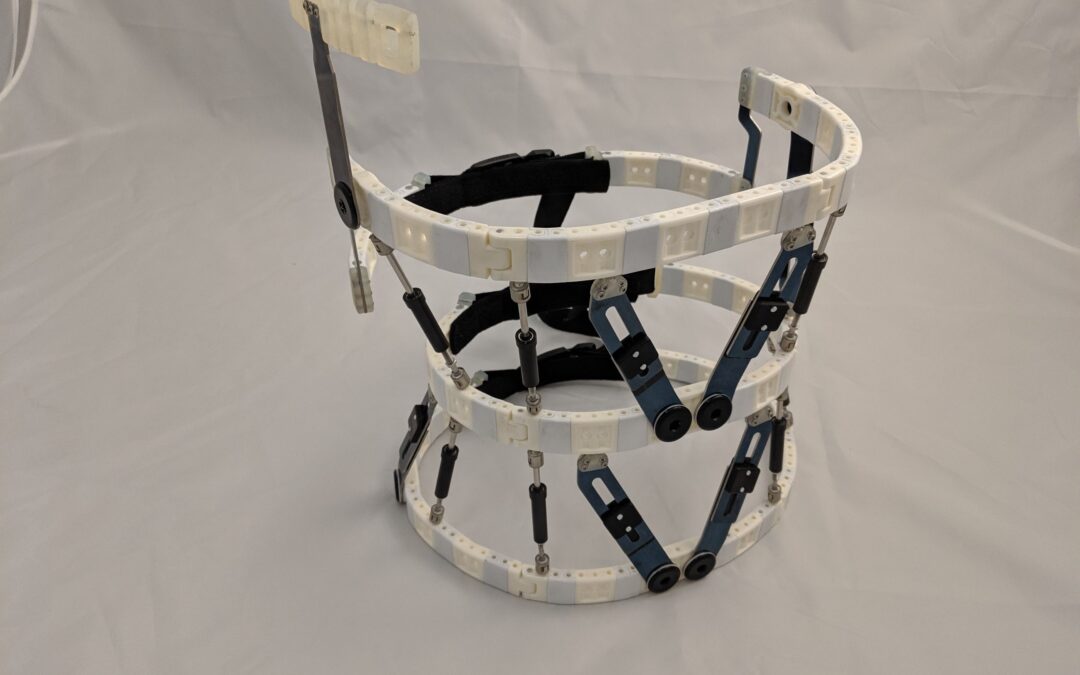Whether you’ve decided to try bracing or are still considering your options, you probably have a lot of questions. The main question most people want an answer for is, “Does wearing a scoliosis brace hurt your back.” Everyone has a different experience with bracing. Find out what to expect.
Reduce Soreness
The first few days of brace wear are often the worst. The brace might feel uncomfortable at first, but it should never hurt. , but after that it will feel normal. In fact, you might not even realize you have it on.
Inspect your back for red marks after taking off the brace. While your skin may turn red, that should disappear after a few minutes. Red spots that don’t dissipate may be a sign that you need to adjust your brace.
Prevent Skin Problems
Since you must wear a scoliosis brace close to your body, it’s important to protect the skin. Wear a tight shirt beneath your brace, and wash daily. You should also clean the brace regularly.
Pro Tip: Use rubbing alcohol on your skin to toughen the areas where the brace touches your body.
What To Do During Gym Class or Sports
Most doctors want you to keep participating in physical activity. Staying in a brace all day can cause muscles to atrophy, so you’ll need to stay as active as possible to counteract this. The right scoliosis brace for a child will allow enough movement to participate in these activities. However, you may need to remove it during class or practice if your doctor decides it’s best.
Sleeping in a Brace
Bracing at night may also pose challenges. Some braces are designed explicitly for nightwear. Nighttime braces overcorrect the curve in the spine, which is only possible while the patient is lying down. Like daytime bracing, nighttime bracing can be challenging to get used to.
It’s understandable that you might be concerned about whether wearing a scoliosis brace can hurt your back. As previously mentioned, you should never feel pain because of your scoliosis brace, just a little discomfort at first. It’s important to know that this treatment may help prevent surgery and even more pain in the future, so adjusting to the discomfort is well worth it.
If you do experience pain at any point, it is important that you contact your doctor or orthotist, as brace adjustments may need to be made.

